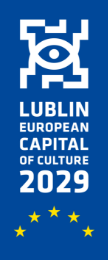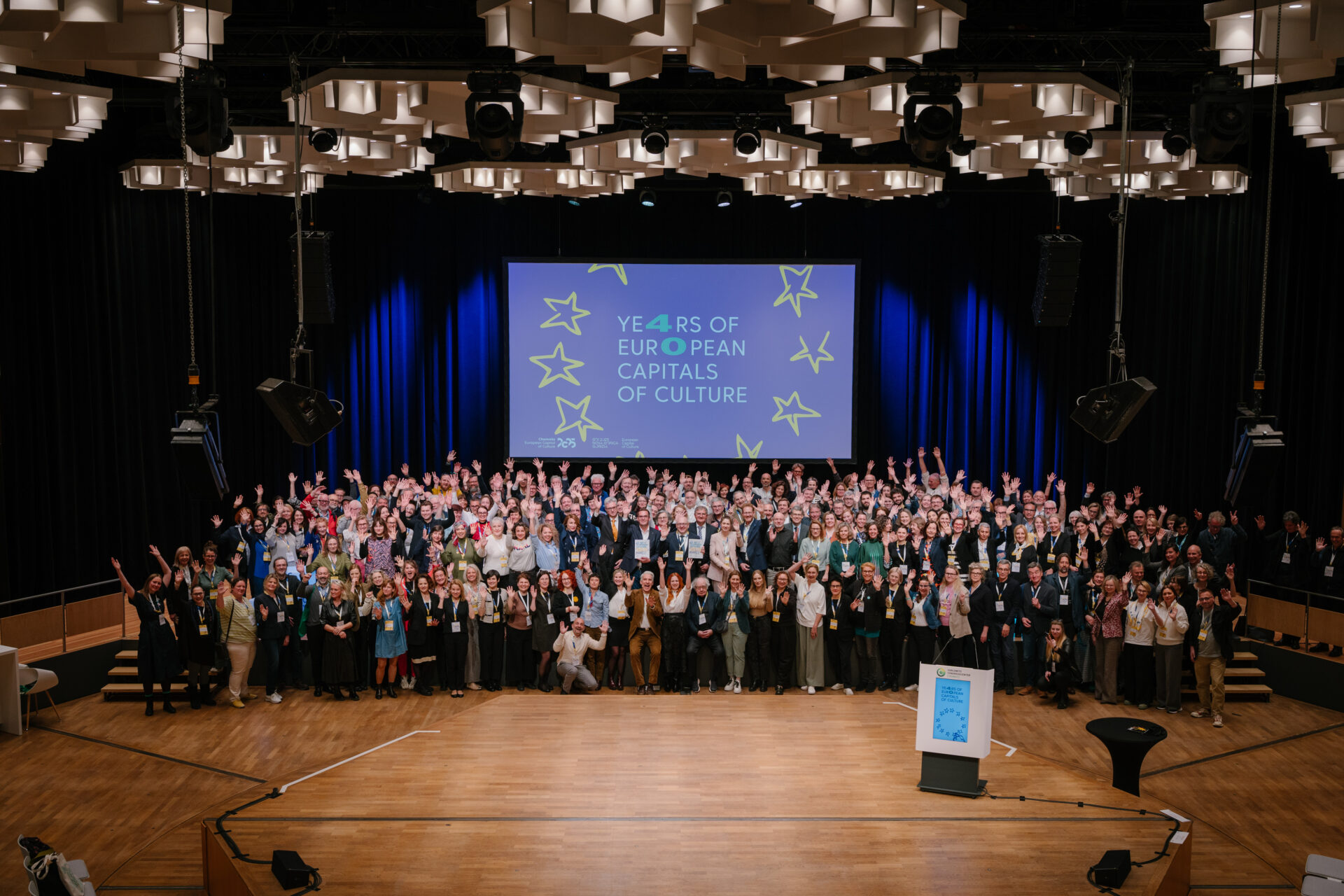
Could Melina Mercouri, when she initiated the European Capital of Culture project in 1985, have foreseen how far it would come? A united Europe, 56 capitals, 250 conference participants from all EU countries, representatives of the European Parliament, the European Committee of the Regions, the European Commission, the diplomatic corps, as well as national and local governments.
Together, they celebrate the 40th anniversary of this remarkable initiative that has boldly transformed the European Community. They work on shaping the future of culture in Europe and share what is most valuable – experience built on diversity. Together, we reflect on 40 years of our history, discuss successes, the need for change, and a shifting reality. We are working on the future of the European Capital of Culture and Lublin 2029.

fot. Johannes Richter
In about two years, the shape of the new regulations will be determined. Already now, those responsible for implementing the ECoC project have completed another stage of work on a set of recommendations, which will soon be put to a vote. In Chemnitz, the “White Paper” was presented – a document titled “40 Recommendations from 40 Years of ECoC: Insights for the Capitals from 2034 onwards” It summarizes nearly two years of work by an international research group established under Chemnitz’s “Makers of Democracy” program line. It contains insights of great value to us, but above all, it is intended to serve as a set of guidelines for future ECoCs and as a foundation for new legislative solutions.
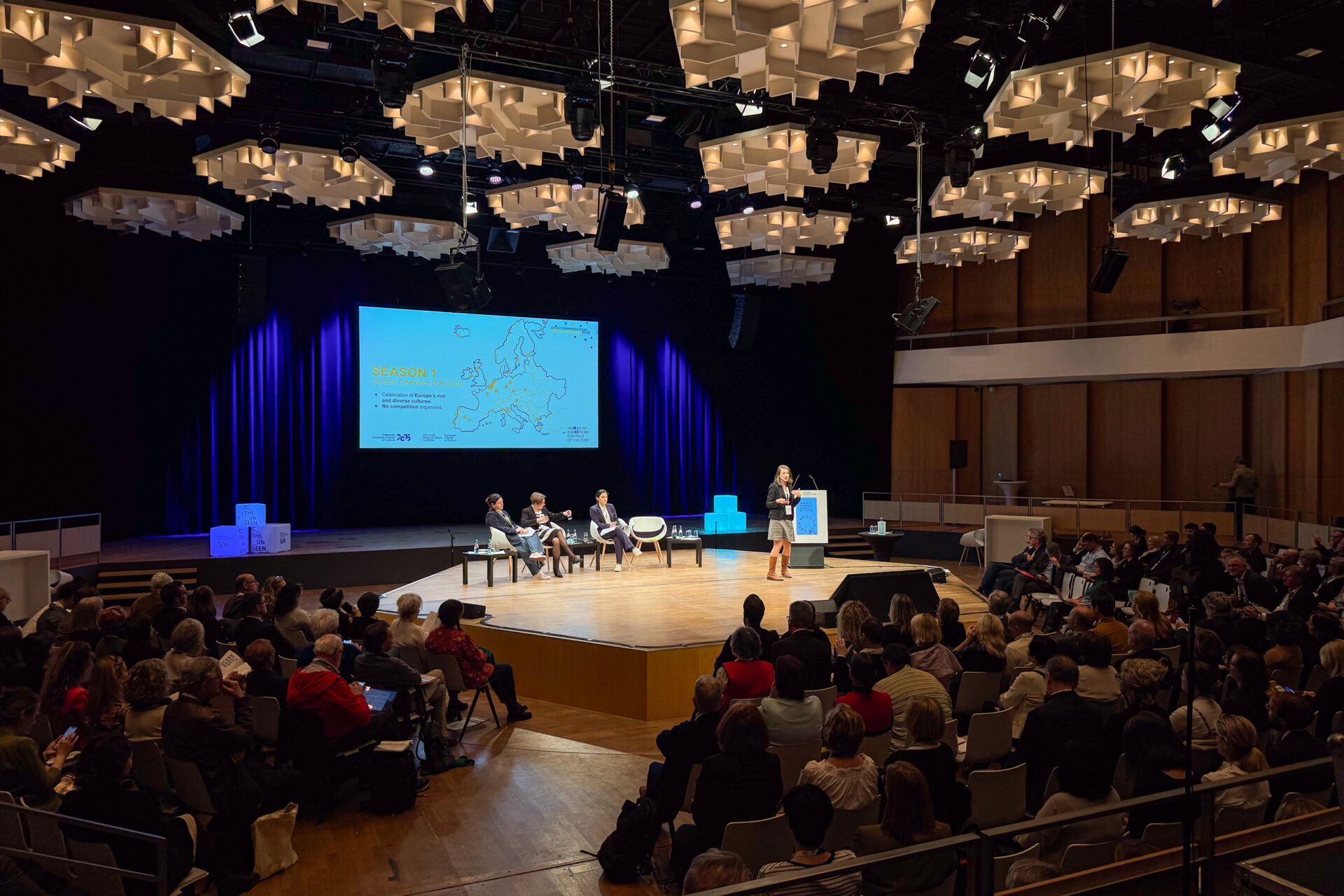
fot. Maciej Rukasz
A full day of panels at the Carlowitz Congresscenter was devoted to the evolution of the ECoC project and its challenges. After the presentation of the White Book, participants broke into working groups to discuss organizational matters, cultural policy, capacity building, and future directions. The evening concluded with a formal gala, and on Saturday, participants had the opportunity to visit key ECoC-related sites in Chemnitz, such as the Garagen-Campus and Stadt am Fluss. Lublin was represented by the Mayor’s Plenipotentiary for the European Capital of Culture and the ECoC Curatorial Council.
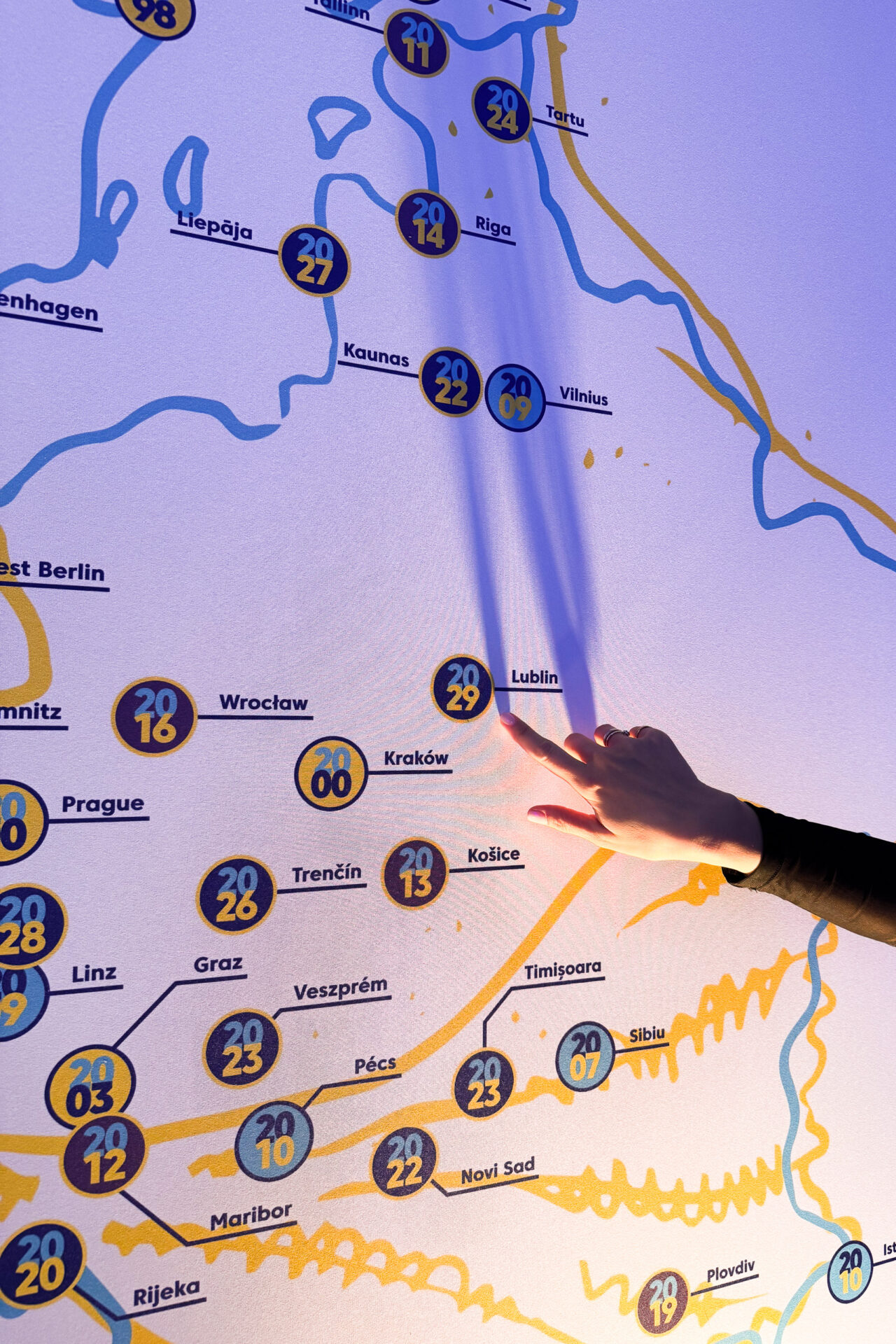
fot. Marta Ryczkowska
The conference also provided an opportunity to review the program’s achievements so far and set new goals, emphasizing the role of culture in the integration and development of European cities. For Lublin 2029, this is of immense value – especially at this stage of our preparations for the title year.
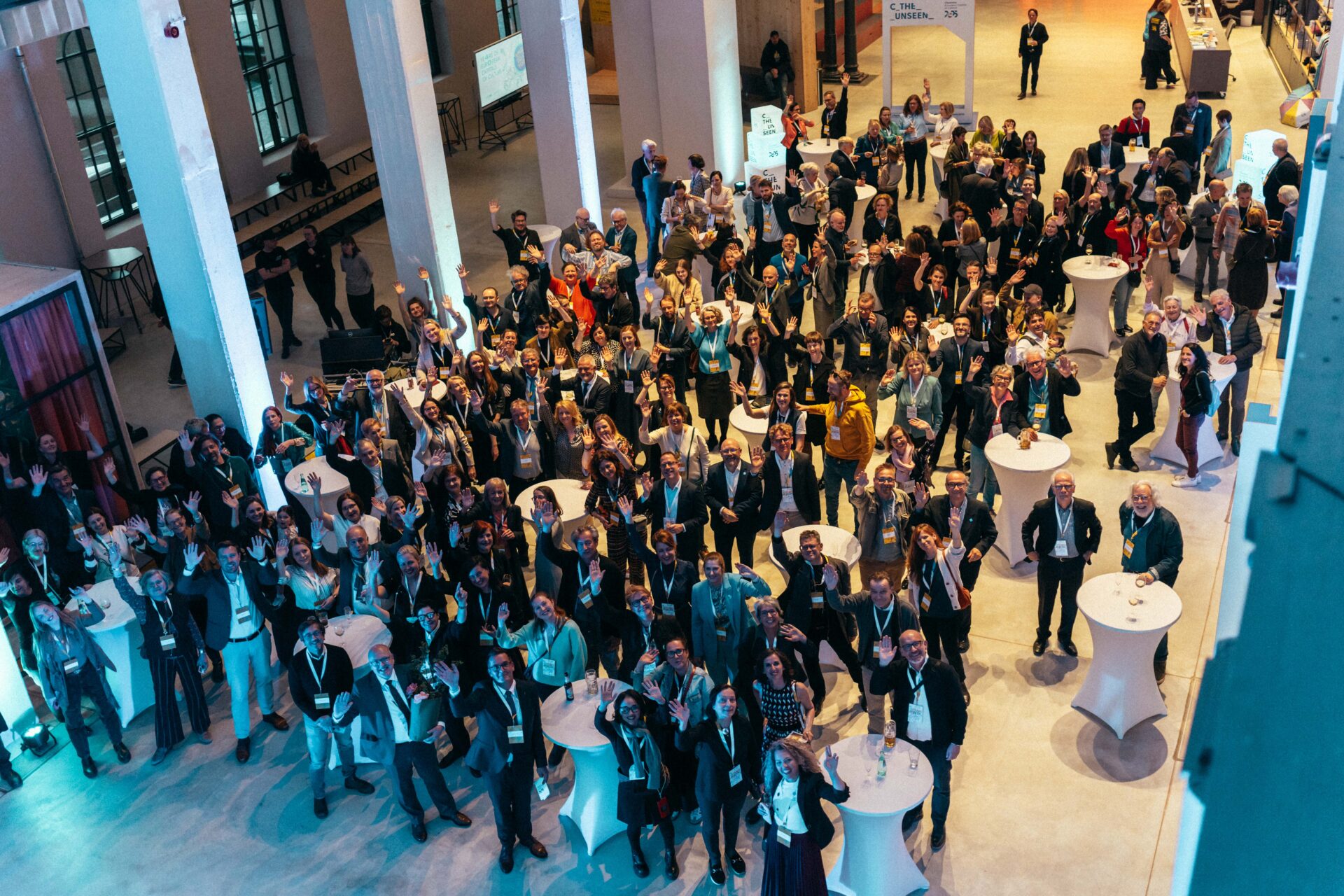
fot. Ernesto Uhlmann
